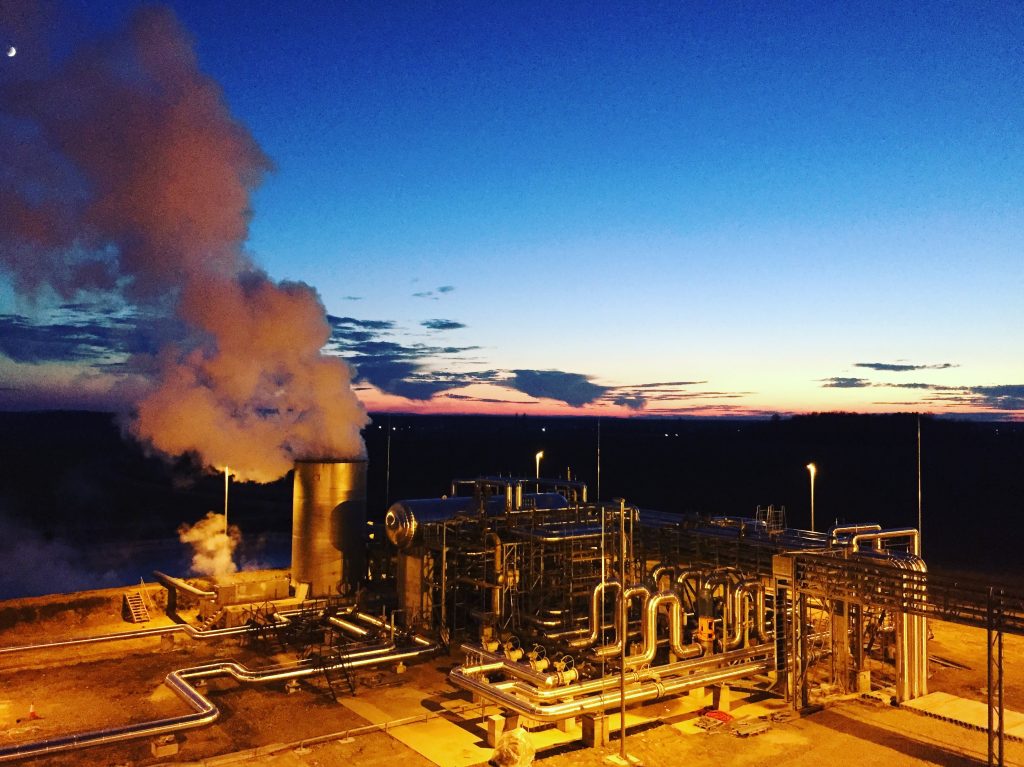Geothermal energy development sees increasing interest in Croatia
With ongoing preparations for a new geothermal tender, local development efforts and EU funding in place, there is an increased interest in geothermal development in Croatia.
As part on the work on study by PWC on guidance for the development of a sector incentive system for geothermal, there seems to be an increasing interest on geothermal development in Croatia.
So it is not surprising to hear that following a call for geothermal exploration for Karlovac last summer, that a similar procedure was launched for two new locations in Babina Greda.
The competition is open to all interested parties, but the interest is primarily expected from local units, which have been working on projects for the use of geothermal sources for heating for years, and have prepared projects for financing from EU funds.
Reduce risk
Interest is intensified for other locations as well, so new tenders are expected soon, first for Krizevci, then Virovitica, and Sveta Nedjelja. But a real wave is yet to be expected, but it will be preceded by better preparation, from a clearer regulatory basis to fiscal adjustments for faster development of this sector, for which there is exceptional and untapped capacity. The Agency for Hydrocarbons (AZU) is preparing an analysis of the potential for geothermal resources in the 13 counties where potentials are available for use, and PwC has been involved in its development.
The study is under development, it should propose guidelines for the development of the geothermal water potential management system for energy purposes and define the best model for stimulating the development and investment of that part of the energy sector. The analysis should also identify best practices in the EU in promoting private as well as public projects, and provide guidance for the business and fiscal model of geothermal energy. In geothermal exploitation projects and in the EU, the weak point is how to encourage investors and reduce their investment risk to a minimum, since, as in the pursuit of oil and gas, it requires expensive wells and does not always produce a positive result.
Significant benefits
Despite these weaknesses, MB Holding, an investor from Turkey, after completing its first investment in Croatia, is interested in investing in other locations as well. MB Holding is the owner of the Croatian company Geon, whose geothermal power plant in Velika Ciglena near Bjelovar, the only one in Croatia, started operating last year and entered the list of eligible producers with HROTE in the spring.
Geotherms offer the opportunity for a wide range of investors and types of investments – from hundreds of thousands of euros for simpler projects, such as greenhouse heating, to EUR 50 million for eg 10 MW power plants such as Velika Ciglena, which produces 10MW of energy and has an installed power generation capacity of 16.5 MWe. This one power plant is equivalent to all existing solar sources in Croatia, with no dependence on weather conditions. According to the CAA, exploration concessions were awarded in October 2018 in two areas around Slatina, and currently 8 exploration and 5 exploitation concessions are active in Croatia.
But the potential is tremendous. AZU CEO Marijan Krpan says this is a rare area where Croatia is not below the EU average.
“Croatia in the north of the country has an above-average geothermal gradient, as much as 60% higher than the average. It has the basic prerequisite for using geothermal water for energy purposes,” Krpan said, noting that this untapped natural potential could bring significant economic benefits to Croatia in the long run, but and create the foundation for energy sustainability. In the future encouragement of the use of geothermal waters in the CAA, they announce a special allocation for agriculture. In addition to being in line with the development strategy of the sector, there are also many oil wells in the Slavonian area and the richest in geothermal water.
One of those projects is Krcevine geothermal project in Babina Greda, a joint venture between the municipality of Babina Greda and the county of Vukovar-srijem. A planned 9.7 MW power plant it is also planned to be utilised in direct use applications such as fish farming, fruit and vegetable dehydration etc. (Details here).
Source: Poslovni Dnevnik


















